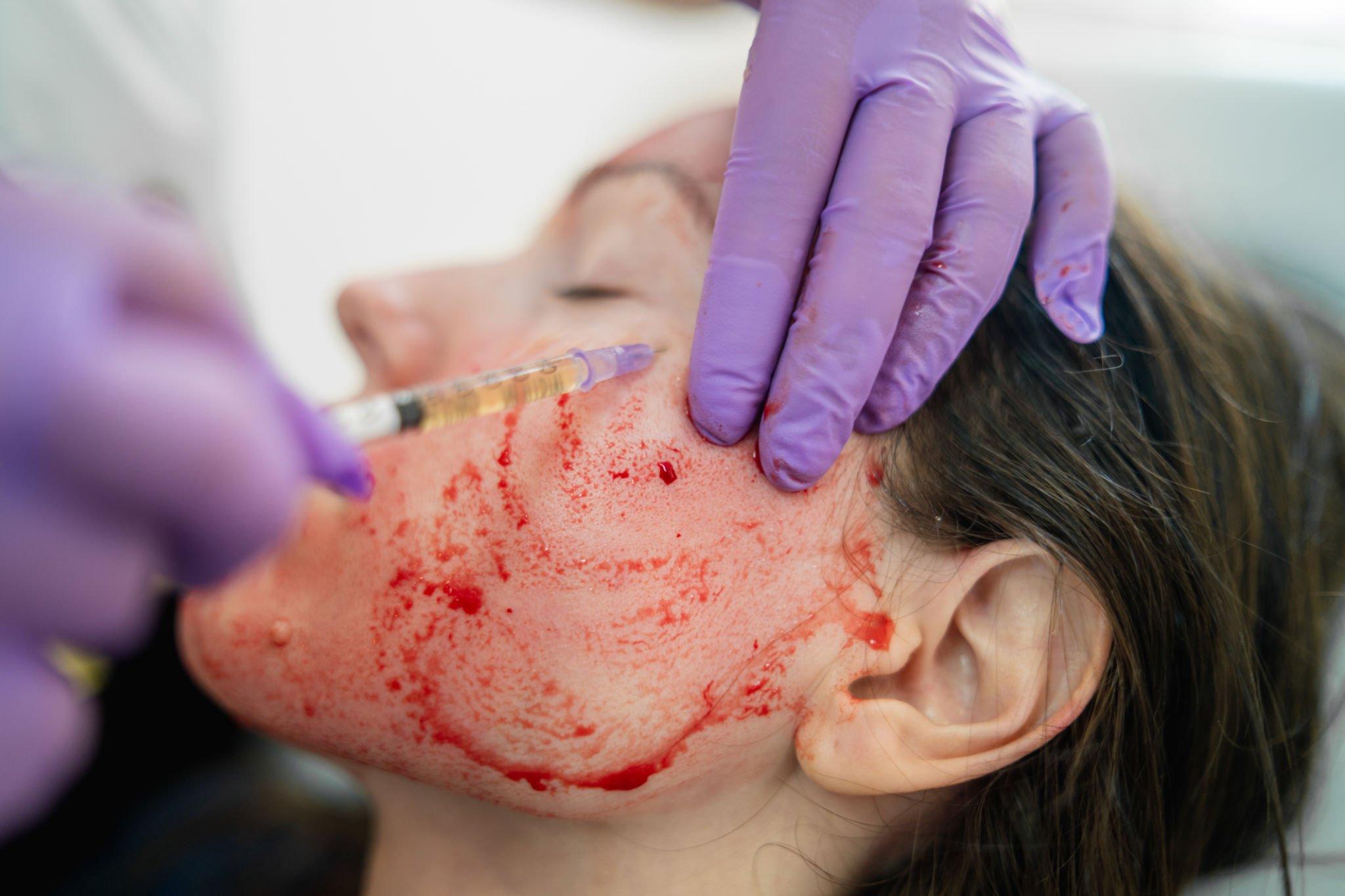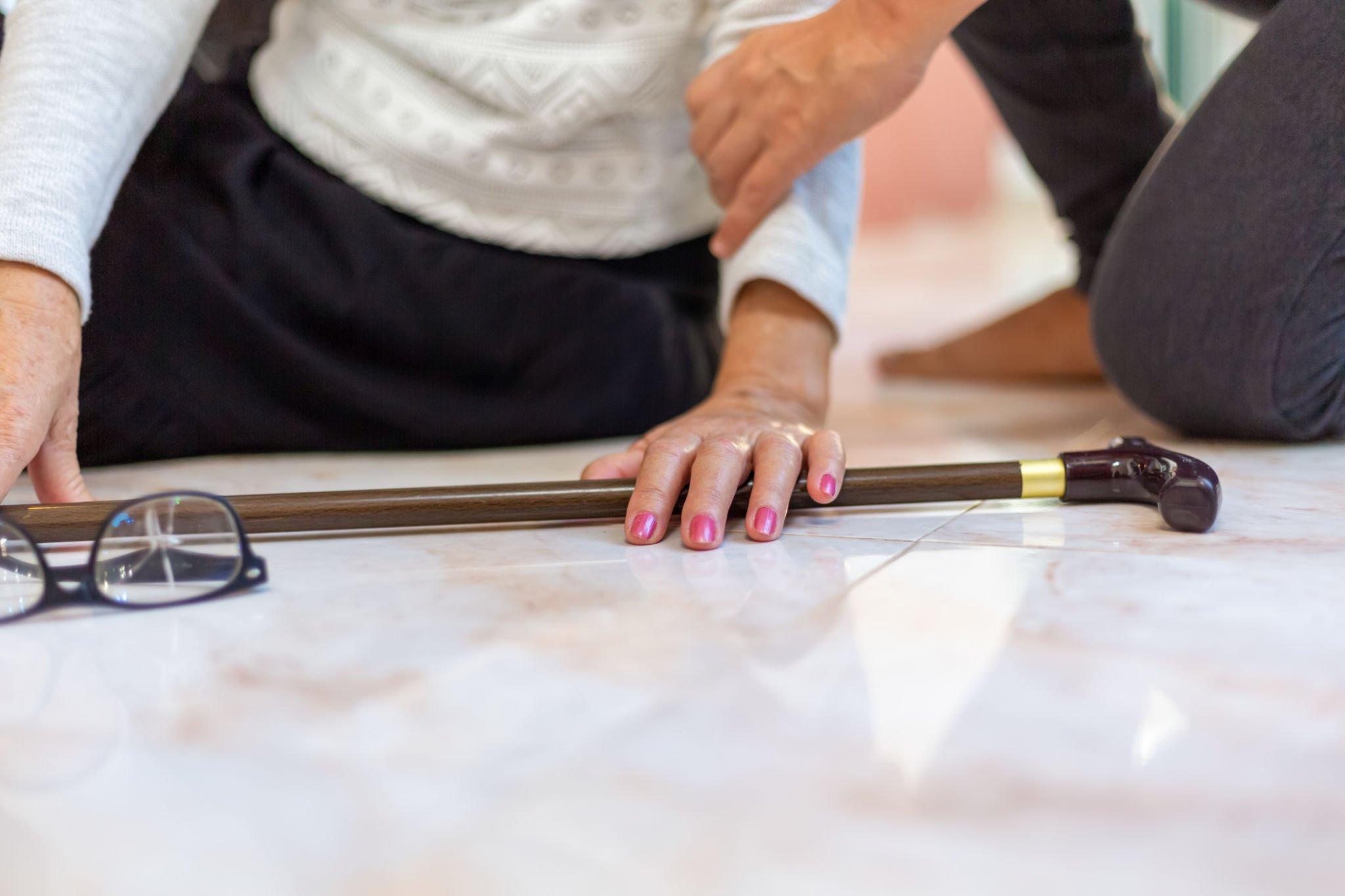Inguinal ligament repair is an invasive procedure that addresses the groin hernias. Groin hernia affects majority of men around the world. Specialist doctors and surgeons must continuously sharpen their skills to ensure successful outcomes and lessen potential complications.
Doctors should stay updated with the latest advancements and evidence-based practices in inguinal ligament repair. Attending conferences, workshops, and seminars related to gastroesophageal surgery can provide opportunities for learning and skill enhancement. Besides, there are e-learning platforms like Webop offering easy access to a wide range of educational resources anytime and anywhere.

Some good reasons why doctors need to enhance their inguinal hernia repair skills
Complexity of the Inguinal Region
The inguinal region is an intricate anatomical area. It is a junction where multiple structures, including blood vessels, nerves, lymphatics, and the inguinal ligament itself meet. Repairing hernias in this region requires meticulous attention to detail to avoid injury to adjacent structures.
Continuously honing surgical skills enables doctors to navigate this intricate region with precision and reduce the risk of inadvertent damage.
Variations in Hernia Anatomy
Hernias can present with variations in their anatomical characteristics, such as size, location, and content. Every hernia repair demands an individualized approach based on the patient’s unique anatomy.
By refining their skills, doctors can better adapt their surgical techniques to accommodate these variations, leading to improved patient outcomes and lower rates of recurrence.
Read also: Neurological Symptoms – What You Should Not Neglect
Advancements in Surgical Techniques
Medical sector is consistently evolving with introduction to new surgical techniques and solutions to optimize patient care. Doctors who keenly engage in ongoing education and training gain access to the latest advancements in inguinal ligament repair.
They gain skills to incorporate innovative techniques, such as minimally invasive laparoscopic or robotic-assisted procedures.

These offer benefits to patient’s like –
- Reduced postoperative pain
- Shorter recovery times
- Improved cosmetic outcomes.
Sharpening their skills ensures doctors can leverage these advancements to provide the best possible care for their patients.
Management of Complications
Despite meticulous surgical planning and execution, complications can arise during or after inguinal hernia repair procedure. These may include infection, hematoma, nerve injury, chronic pain, or recurrence. Skilled doctors with up-to-date knowledge are better equipped to identify and manage these complications promptly.
By staying informed about the latest research and techniques, they can employ evidence-based strategies to minimize complications, enhance patient recovery, and optimize long-term outcomes.
Patient Safety and Satisfaction
Patients undergoing inguinal hernia repair rely on their doctors to deliver safe and effective surgical interventions. Maintaining and improving surgical skills instills confidence in patients, fostering trust and better communication.
Patients are more likely to have positive experiences and outcomes when treated by surgeons who demonstrate expertise in inguinal ligament repair. Sharpening these skills not only enhances patient safety but also contributes to higher patient satisfaction rates.

Conclusion
Sharpening inguinal ligament repair skills is crucial for doctors and surgeons specializing in hernia repair. It enables them to navigate the complex inguinal region, adapt to variations in hernia anatomy, incorporate advancements in surgical techniques, manage complications effectively, and ultimately improve patient outcomes.
Continuous education and training play a vital role in ensuring that doctors stay at the forefront of inguinal hernia repair, providing patients with the highest standard of care. By embracing ongoing skill enhancement, healthcare professionals can make a significant impact on patient safety, satisfaction, and overall quality of life.



